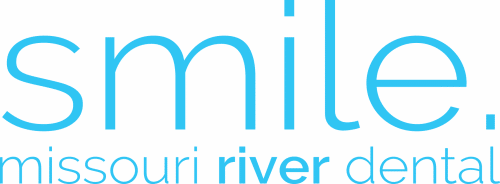Healing After Tooth Extraction
What care is needed after tooth extraction?
Sometimes the teeth must be removed following a stage advanced caries, a disease of the bone tissue of the jaws or trauma to the tooth. Removing a tooth is called dental extraction or avulsion. When a tooth is extracted, it is normal for changes are happening in your mouth. Your dentist will give you advice to follow after extraction, it is important to talk to your dentist about any problem you encounter.
Surgical extraction and simple extraction of teeth require care for the tissues to recover without any complications. Although each case is unique, some recommendations are general for patients.
Before an extraction, your dentist will most likely give you a local anesthetic, such as Novocaine. Your mouth will remain numb for a few hours after intervention. While your mouth is numb, it is important to avoid biting your cheeks, lips, and tongue. This can be difficult because you cannot feel them, but be as careful as you can. The anesthesia should wear off after a few hours. In case of a problem, contact your dental surgeon immediately.
Bleeding
Your dentist will apply a gauze pad on which you will bite to limit bleeding
immediately after extraction. This helps in the formation of blood clots, which are necessary for the proper healing of the wound. This compress must be kept under pressure (without forcing too much) for 30 minutes after your appointment to allow good coagulation. Do not chew the compress. Swallow your saliva normally, do not spit not to avoid bleeding.
Stay at rest
In the 24 hours following the extraction of a tooth, it is recommended to rest, because physical activities increase the risk of bleeding, pain or discomfort. It is also important to avoid sun exposure and talk as little as possible.
Maintain good oral hygiene
Oral hygiene is essential to prevent the proliferation of bacteria. They could trigger inflammatory processes or infections, hampering tissue recovery. It is therefore necessary to brush your teeth after each meal and discuss with the dentist the right way to sanitize the extraction area.
Adjust the food you eat
Diet makes all the difference in the period following tooth extraction. The ideal is to prepare the first days of liquid, creamy or pasty meals that do not require chewing force. It is also important to avoid foods that are too hot, as cold and ice cream contribute to comfort and reduce swelling.
Avoid intense mouth movements
Besides not talking too much, avoid other intense mouth movements like spitting, chewing, or sucking. This is because they can promote greater pressure in the extraction area, which causes bleeding and pain.
Refrain from consuming tobacco and alcoholic beverages
Tobacco contains many toxins that reduce the body's ability to heal and should therefore be avoided after tooth extraction. Alcoholic beverages, on the other hand, are too aggressive and hinder recovery.
If the dentist recommends medication, it should be given at the right time. And don't forget to show up for the return appointment after the tooth extraction to pass the professional's assessment to ensure a smooth recovery and balance in your oral health. The healing time of your extraction may vary according to many factors, including your overall health and certain details of the procedure. It is always best to call your dentist if you feel pain at the extraction site or have any other issues.
